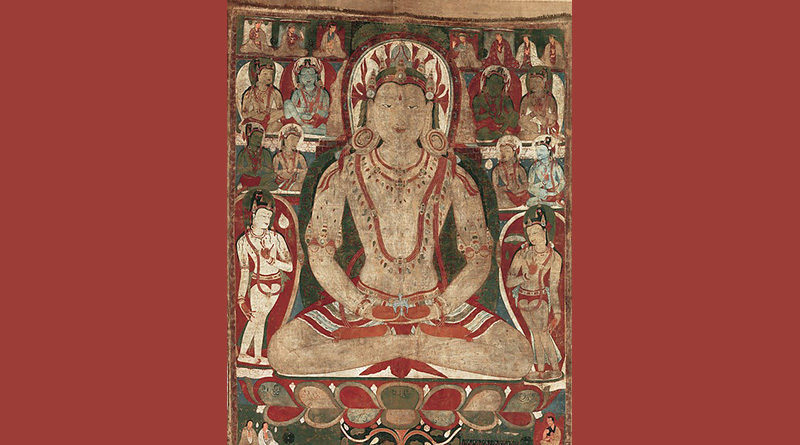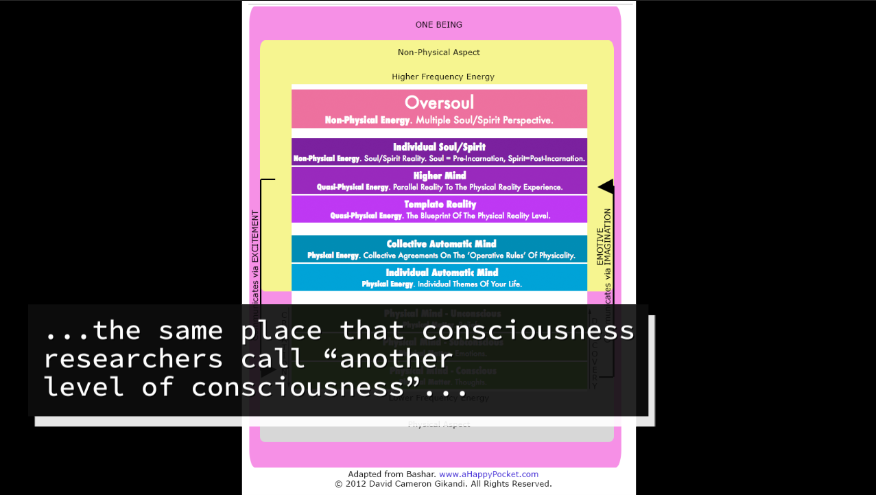- According to the University of Minnesota, “prayer is important in a healthcare context simply because it is used so widely. According to Dr. Wayne Jonas, ‘Surveys indicate that nearly 90% of patients with serious illness will engage in prayer for the alleviation of their suffering or disease.’ Among all forms of complementary medicine, prayer is the single most widely-practiced healing modality. According to research conducted by Dr. Christina Puchalski, Director of the George Washington Institute for Spirituality and Health, prayer is the second most common method of pain management (after oral pain medication), and the most common non-drug method of pain management.
- “The following explanations have been offered as to how prayer helps improve health:
- “The relaxation response — prayer elicits the relaxation response, which lowers blood pressure and other factors heightened by stress.
- “Secondary control — prayer releases control to something greater than oneself, which can reduce the stress of needing to be in charge.
- “The placebo response — prayer can enhance a person’s hopes and expectations, and that in turn can positively impact health.
- “Healing presence — prayer can bring a sense of a spiritual or loving presence and alignment with God or an immersion into a universal unconscious.
- “Positive feelings — prayer can elicit feelings of gratitude, compassion, forgiveness, and hope, all of which are associated with healing and wellness.
- “Mind-body-spirit connection — when prayer uplifts or calms, it inhibits the release of cortisol and other hormones, thus reducing the negative impact of stress on the immune system and promoting healing.”
Excerpted from Prayer Can Benefit Health and Wellbeing.






